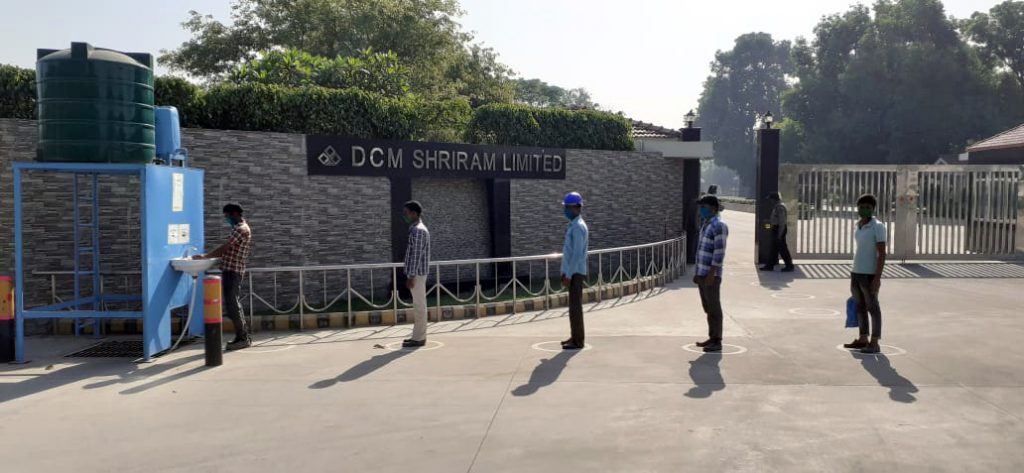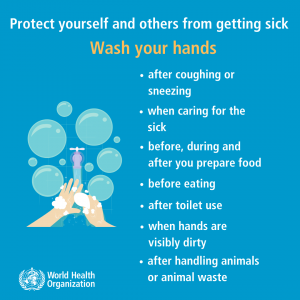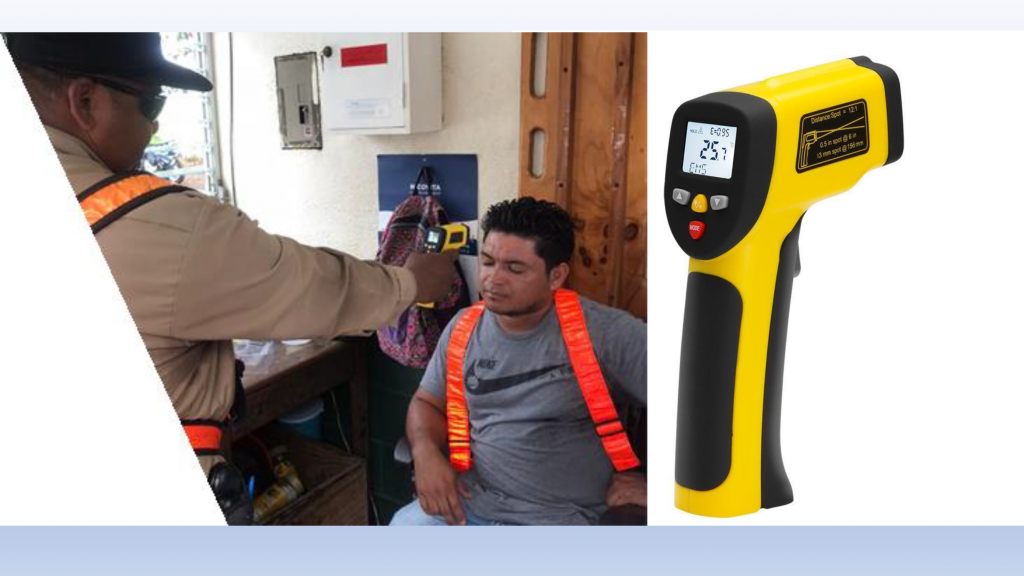24th April 2020

Half the world’s population are living under quarantine, governments have closed borders and schools are closed. Covid-19 is impacting on us all – on our communities, workforce, and businesses but it’s clear that it will impact the poor and marginalised people in society the most.
Last week, we hosted a webinar that looked at how the sugarcane sector has responded to the pandemic so far. Over an hour and a half, we heard from:
- Danielle Morley, CEO, Bonsucro
- Nicolas Viart, Head of Standards and Innovation, Bonsucro
- Denis Chavarria, Gerete de Salud Ocupacional, Mill Ser Antonio, Nicaragua
- Ritu Baruah, Programme Manager, India, Bonsucro
- Marit Maij, Managing Director, CNV Internationaal
- Claudia Asensio, Head of Sustainability and New Products, Pantaleon
Business and the economy are being hit hard –agriculture and supply chains are being particularly disrupted. We know our members will face challenges from restrictions on movement, labour, transport logistics and volatility in commodity prices. We are all going to have to adapt and it’ll be a steep learning curve.
Bonsucro is here to help
Bonsucro is the membership platform for sustainable sugarcane and we are here to make a positive contribution. We want to support our members through this challenging time. Even though we’re not sure what that will look like long-term.
We’re delighted to have seen the very quick and positive reactions from our members and the sector in reacting to the crisis to support governments and hospitals.
We used the World Health Organization advice to produce guidance for the sugarcane sector on how to prepare for Covid-19 and prevent its spread. Our guide outlines the central role that millers and farmers take in many communities. It also reiterates the importance that workers feel able to disclose symptoms and do not fear losing their job or income to prevent further infection.
The guide covers three main areas:
 Prevent the spread through hand washing and sanitation, practising good respiratory hygiene and offering travel and isolation advice.
Prevent the spread through hand washing and sanitation, practising good respiratory hygiene and offering travel and isolation advice.- Managing all meetings with physical distance between attendees, keeping attendance lists in case there’s a need to trace contact of an infected party and if possible, moving meetings online.
- Supporting the community by having a plan to manage and isolate any infections in the workplace, consider the mental health implications for people needing to isolate and reach out to local charities and support groups.
We encourage our members to share steps what they have done. Because everyone is looking for ideas and solutions as to how to deal with this. Our guidance is available to download in English, Spanish or Portuguese.
Update from Asia
Ritu Baruah, Bonsucro’s Programme Manager in India shared how the sector has responded in Asia. In China, work is continuing as normal and all precautions are being made such as fewer workers and everyone wearing masks. Mills in Thailand have arranged for transport to collect people from home and take them to work.
In India, movement has been restricted. But as sugar is considered essential commodity, production has been allowed to continue. Movement of trucks is permitted, but there are restrictions. Crushing season is almost over but mills that needed to finish are operating with reduced staff. Those that are running have workers living within the premises and necessary steps have been taken to divide the workforce into different shifts to ensure that the workers don’t interact with each other. There has also been an increase in the production of sanitisers by sugar mills and this is being sold at very low costs to the communities.
In India, it will be the planting season soon. The mills will still supply seeds to farmers and how people can come to the mills to collect them is being assessed to ensure that the number of people arriving at one time is kept to a minimum.
Practical steps in Nicaragua
Ingenio Ser Antonio is in the north west region of Nicaragua. It has 6,000 workers in the harvest period, a school with more than 500 pupils and a training hospital with operating rooms and an intensive care unit.
From early February, the hospital started training the doctors and nursed on the pandemic. In the first week of March, Ser Antonio created a health commission and a plan to tackle the pandemic. This all took place before the first case was reported in Nicaragua.
The company has increased prevention measures to protect the workforce. Training was carried out during phase one – before social distancing was implemented.
Throughout the mill both temporary and permanent workers were given food packages including sugar, rice, and detergents. In addition, all drivers transporting sugar have their temperatures taken and soon the workers will too.

The trade union perspective
CNV Internationaal works with trade unions all around the world and is a very active Bonsucro member. The team has started a monitoring system with trade unions in several Latin American countries and come together to understand the effects of Covid-19 on workers of the sugar sector every couple of weeks.
Marit reported that people are still working- and so far, there’s less effect on the sugar supply chain than other value chains. Companies are very aware of the need for protection and personnel working from home where possible, especially if they’re vulnerable. In addition, shifts are changing to create social distancing and masks are being used. However, transportation is an issue as they are packed with people and so there are risks for contamination.
In Costa Rica, those over the age of 60 are working from home and buses are regulated to create social distancing. Some of the outsourced workers were in a vulnerable situation but the unions have stepped up to make sure these things are improved.
We need to look at the future and recognise the challenging economic reality. Together, we need to create a solidarity system and that involves the trade unions and the workers with the employers. We must continue working on the revision of the standard of Bonsucro. Living wage is more important than ever.
Measures taken by Pantaleon
Pantaleon is an international company and each office responded slightly differently, depending on local governments. However, a central crisis management team was assembled in late February and a management plan was created in early March and implemented by mid-March.
There are five main approaches:
- Social distancing – no international travel, working from home where possible, gatherings have been banned, transport has increased and isolation areas have been created for workers that presented symptoms.
- Disease prevention – implementation of a strong communications campaign, 100% of employers wear masks, they also receive a temperature measurement and respond to a set of questions when they arrive at the mill. Workplace disinfection has increased, and all employees have a contact log. Employees with existing health conditions are required to work from home with pay.
- Continuity of operations – people are being sent home for 14 days if a worker tests positive, supply chain is a big risk as it’s repair season, but inventory and stock control is in place. Strict quality processes are being maintained for exports.
- Health team – medical staff were re-trained on contact precautions and understanding of the virus and symptom management – which must be reported to the health authorities. The team created isolated areas in health clinics to treat people with suspected case and activated telemedicine services.
- Local and government aid – worked in conjunction with the local government to give out information on disease prevention and over 2,000 masks and donated prevention kits to the local governments. Ethanol production was quickly maximised in Guatemala and Brazil to donate hand sanitizers to local governments and health authorities. Pantaleon supported the Guatemalan sugar industry with a donation of $1 Million to equip a hospital for Covid-19 patients and provided land for construction. They also supported the Guatemalan energy industry for the donation of $1 million government to support the response.
Claudia, added a personal note that, “Amidst the apocalyptic and economic news, hundreds of thousands of individuals are working together to find solutions to this world crisis. New diagnostics, therapies, antivirals and vaccines are coming at great speed. Never before has the world seen such collaboration. Our mindset is everything.”
There was a clear message from the panellists and from the questions and comments from attendees that sustainability matters now more than ever. You can watch a recording of the webinar here.
The feedback was incredibly positive from the webinar and we will aim to run more sessions on different topics in the future. If there’s anything you would like us to address, or you have any questions, please contact us on communications@bonsucro.com.





